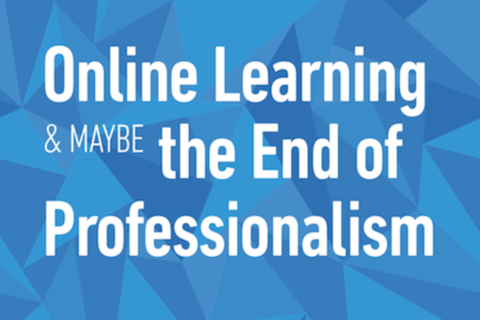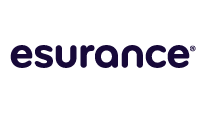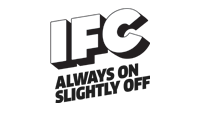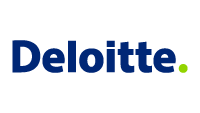Online Learning & Maybe the End of Professionalism
Online learning has been around long enough that the effects on the workplace are starting to become clear. Anyone with patience and an internet connection can advance their career and skill set. For developers, web forums can also quantify the skills of new coders, and now people can prove their worth without a degree. The trend benefits people looking to break into coding, either as a lateral move within a company or as completely self-taught individuals. For mid-career coders, there’s a danger in not keeping up; institutional memory can seem empty compared with objective skills. For employers, it’s tempting to build a team based completely on coding scores – self-taught savants cost less to hire than people with more traditional backgrounds. Still, every team needs someone who knows how to make a presentation, who can look a client in the eye, and owns more than one business suit. This panel will examine the new balance between professionalism and raw talent
Presenters

Jeff Diana
CPO
Atlassian
Jeff is a seasoned executive with more than 15 years of experience in the human resources (HR) field. Prior to joining Atlassian in 2012,
Jeff was CPO at SuccessFactors, an SAP company, where he built the company's HR function from scratch, led a series of key initiatives to produce more than $25 million in savings, and doubled the company's salesforce with a record-breaking 600 new hires in one year. Previously, Jeff was Chief HR Officer at Safeco, a personal insurance company, where he made one of the largest overhauls to the company's rewards program to support a new high growth initiative. He served as Chief HR Officer at Expedia, where he successfully facilitated the largest restructuring in the company's history. Jeff has held HR leadership roles at Microsoft, General Electric and Bell South. Jeff holds a Master's degree in Sociology from the University of South Carolina-Columbia, and a Master's degree in HR management from the Moore School of Business at the University of South Carolina.

Luca Bonmassar
CTO
Gild Inc
Luca Bonmassar is Gild’s Co-founder and Chief Product and Technology Officer, overseeing product vision and development for the company. Luca is a serial entrepreneur with a strong technical background and excellent track record of founding profitable startups. Before starting Gild, Luca worked for top-tier companies like Nokia and Vodafone, leading product and software development initiatives. At Vodafone, Luca was the Lead Software Engineer for the division in charge of delivering Vodafone 360 – a multimillion dollar project that enabled Vodafone to successfully enter the mobile social network space. As head of development at Vodafone, he led and handled all technical decisions for the product, managing development teams in five countries. Luca has multiple patents pending for his innovations. Luca holds a B.S. and M.S. in Computer Science Engineering from Pisa University.
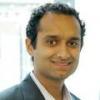
Nikhil Abraham
Head of Bus Dev
Codecademy
Nik currently manages BD, partnerships, and growth at Codecademy, the easiest way to learn to code online. Prior to Codecademy, he worked at Boston Consulting Group providing strategic advice to Fortune 500 companies, and founded an edtech startup funded by YCombinator. He earned a JD/MBA from the University of Chicago, where he received numerous fellowships to study the intersection of law and technology.

Vivienne Ming
Chief Scientist
Gild/Socos LLC/UC Berkeley
Dr. Vivienne Ming, named one of 10 Women to Watch in Tech in 2013 by Inc. Magazine, is a theoretical neuroscientist, technologist and entrepreneur. She is chief scientist at Gild, an innovative startup that applies machine learning to predict optimal candidates for technology jobs, and to bring meritocracy to job markets. She joined Gild in 2012 to oversee R&D and IP development, solving problems in data mining, text analysis, cognitive modeling and algorithm development. Dr. Ming also co-founded her own cutting-edge startup, Socos, which applies cognitive modeling to create adaptive, personalized educational technology. She is also a visiting scholar at UC Berkeley's Redwood Center for Theoretical Neuroscience pursuing her research in neuroprosthetics. In her free time, Dr. Ming also explores augmented cognition using technology like Google Glass and has been developing a predictive model of diabetes to better manage blood glucose levels. She sits on the board of Our Family Coalition supporting LBGT families and speaks on issues of LGBT inclusion and gender in technology. She lives in Berkeley with her wife and their two children. Previously, she was a junior fellow at Standford’s Mind, Brain & Computation Center and earned her Ph.D. from Carnegie Mellon. Her work and research has received extensive media attention including the New York Times, NPR, Nature, CBC, Forbes, and ComputerWorld.

